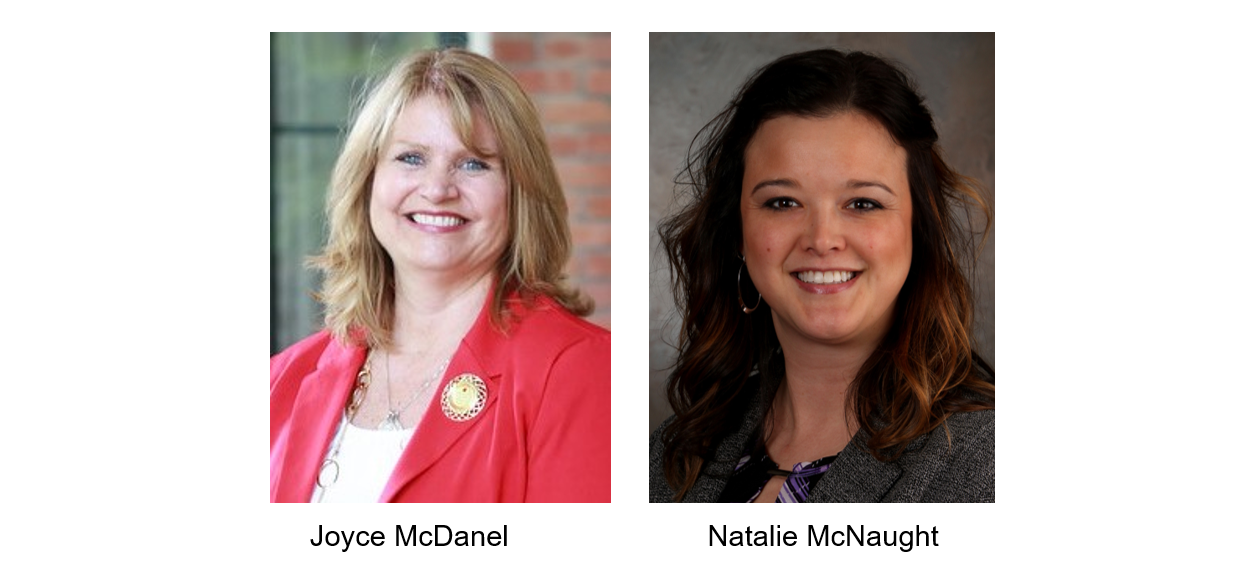This month, UnityPoint Health is increasing its minimum pay rate to $15 per hour, impacting nearly 33 percent of its more than 30,000 team members. After several years of small incremental wage increases, the leadership team sped up its timeline to honor the critical role frontline staff play in the hospital’s mission. The wage increase especially impacts individuals working in jobs, including housekeeping, food service, and clinical support.
Joyce McDanel, vice president of human resources and education at UnityPoint Health – Des Moines and board member of Central Iowa Works, and Natalie McNaught, retention specialist in human resources at UnityPoint Health – Des Moines, shared some factors the organization considered as it made this decision.
Providing a quality job is important as a partner in the community.
Joyce said that the incremental wage increases UnityPoint Health was implementing over several years was not keeping pace with what is a living wage today. Bumping up the minimum to a sustainable wage at once shows the organization’s investment in its people.
“Quality jobs in our communities help elevate the economy for all,” says McDanel. “So we don’t have these two different Des Moines. It’s about eliminating that disparity.”
Leadership saw the impact COVID-19 was having on families, especially individuals of color that make up a higher proportion of the hospital’s entry-level positions. As calls for racial equity increased last summer, hospital leadership asked staff of color what the hospital needed to do to support them. These diversity, equity, and inclusion conversations elevated the importance of providing a living wage.
“It was a very emotional and intense time,” adds McDanel. “At the same time, I feel we accomplished a lot and did the right thing.”
Implementing wage increases can help address workforce shortages and turnover.
The new policy also is intended to help the hospital system remain competitive by attracting and retaining talent. In addition to wages, UnityPoint Health is implementing other strategies to invest in its workforce, including expanding an apprenticeship program that provides opportunities for entry-level staff to move into other roles that pay higher wages.
“We certainly hope it sends a strong message to the community, to current team members, and future applicants that we want to make sure we are paying fairly and offering quality jobs and we certainly anticipate that this will drive retention,” says McDanel.
While the hospital had to cover costs for an initial wage increase in its budget, UnityPoint Health expects cost savings over time as more people stay with the organization longer and recruiting becomes easier. For an organization to figure out what that cost savings of a wage increase might be, it needs to calculate time for recruiting, orientation and training of new staff members, which for some positions at the hospital, can be several weeks to several months.
Raising the minimum pay rate means looking at wages for all positions.
When deciding to raise wages, UnityPoint Health leaders had to think not only about the impact on frontline staff but also employees who are already above the minimum. It calculated compression adjustments in hourly staffs’ wages to make sure those above the minimum or who had been at the company for a long time were also compensated fairly. McDanel said UnityPoint Health reviews yearly how its pay range/average rate of pay for each position compares with market rates and is now paying above the market rate for its entry-level roles.
Apprenticeship programs can also help employees earn higher wages.
The apprenticeship program covers employees’ expenses for school and on-the-job training with the commitment from employees that they will stay at UnityPoint Health for a set time. Entry-level employees can join employee training programs to become operations engineers, patient care techs, and medical assistants. These roles help them advance in their careers, and over time, McDanel expects this will lead to more individuals moving into leadership roles in the hospital system. The hospital applies for grants to help offset the cost of offering apprenticeships.
“It’s showing employees that we are investing in them and their future,” concludes McNaught.
Guide for Raising Employee Compensation
Providing a competitive wage is a critical piece to building a Thriving Workforce at any organization. Learn more about what is a living wage and how to make a wage increase feasible for your business.
/CIW%20Logo%20-%20UWCI%20-%20Reverse.png?width=207&height=118&name=CIW%20Logo%20-%20UWCI%20-%20Reverse.png)



%20-%20No%20Tagline.png?width=180&name=211%20Logo%20-%20color%20(white%20bubble)%20-%20No%20Tagline.png)

